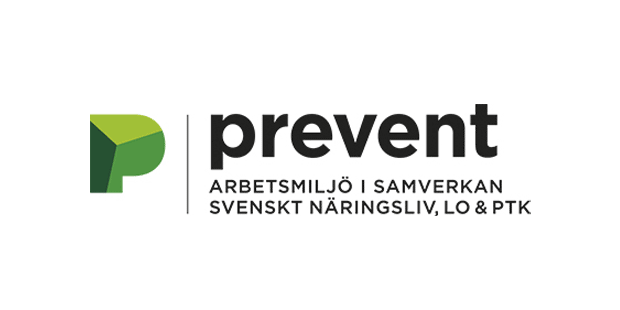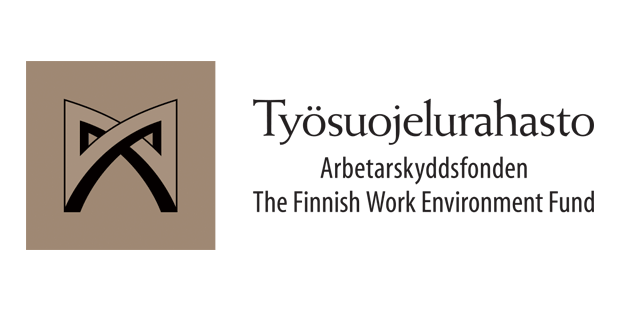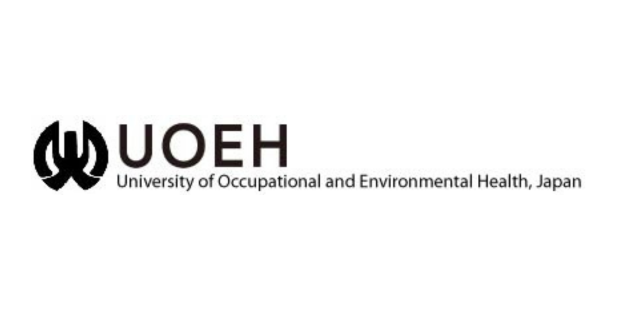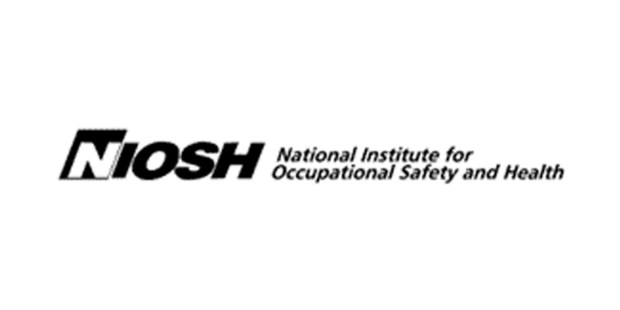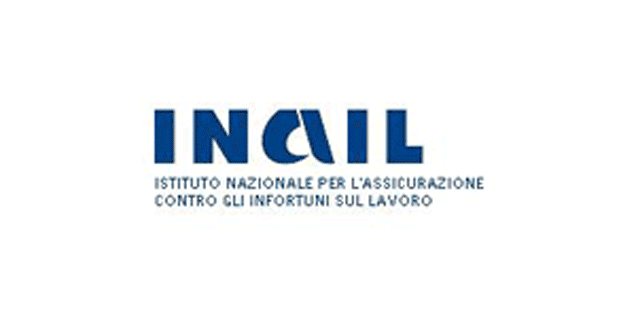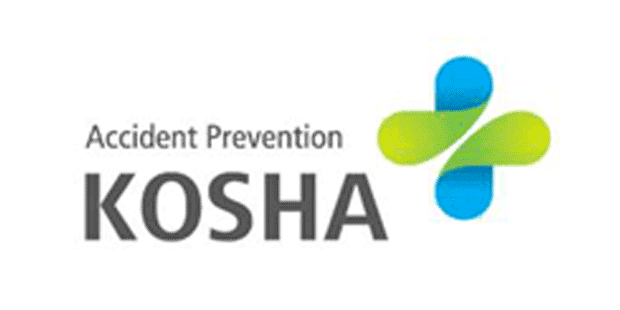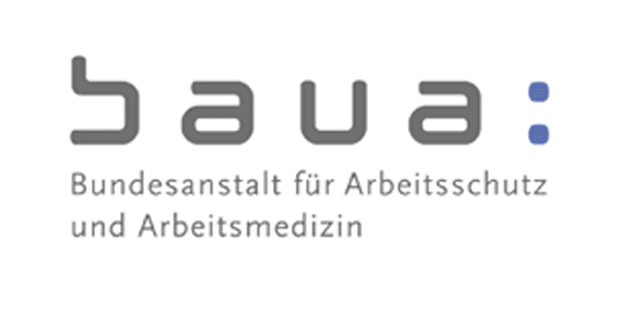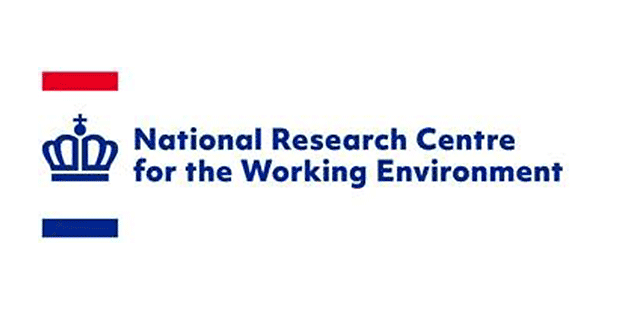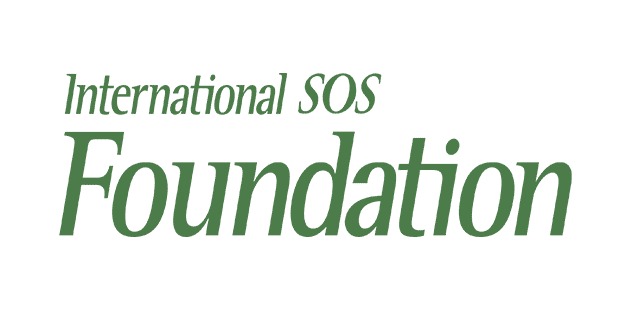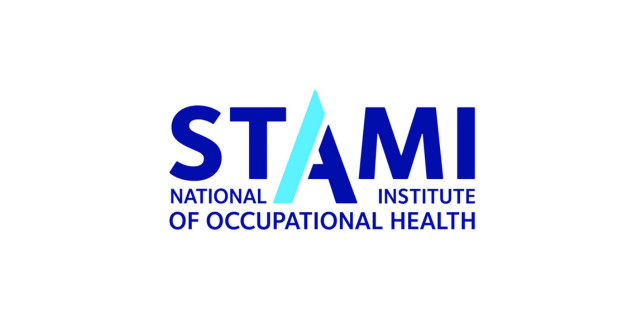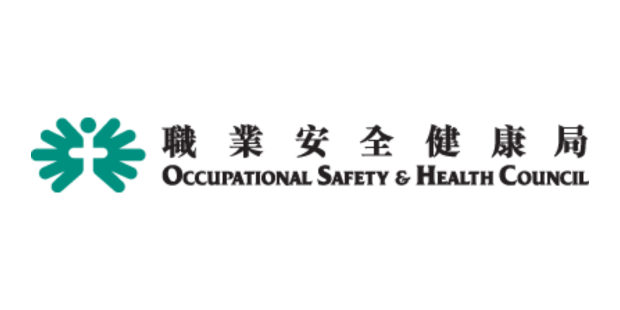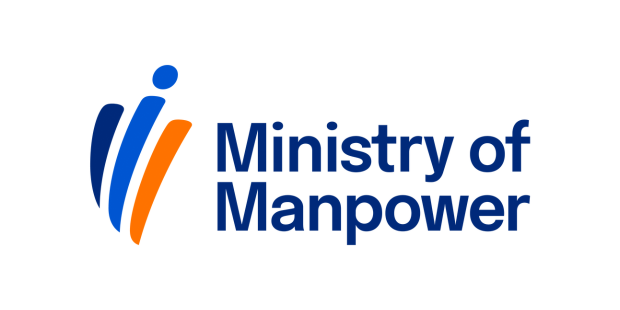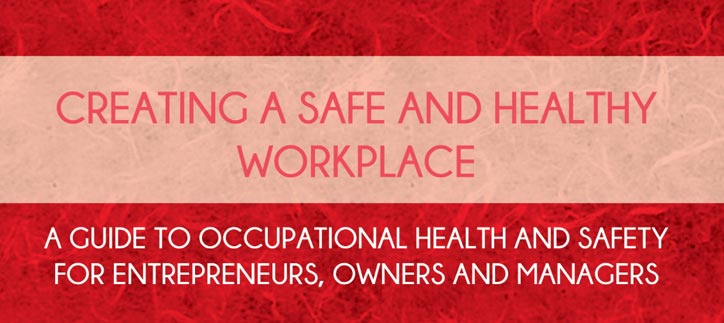Message from the President (May, 2005)
Dear ICOH Members
Two and a half months ago the Mid-term Meeting of the ICOH Board and the Meeting of the Board with the Scientific Committees took place in Helsinki in the bitter cold of Finnish midwinter. This made some of the participants wonder how a human being can survive in the subarctic environment. The week was very busy for some of us, as in the same week two other meetings, the WHO/ICOH/ILO Workshop on Challenges of Occupational Health Services and the OHS2005 Conference were organized in Helsinki. Now that the winter is turning to spring and the aftermath of the meetings has been cleared, we can conclude something on the current status of our Organization.
First, in spite of the complex structure of ICOH, the logistics of the meeting went reasonably well. We got reports of our 60 different types of activities, most of which reflected a high level of interest, enthusiasm and high professional quality. In this respect ICOH is doing well on the way to the Milan Centennial Congress in June 2006. The minutes of the Meetings will be available on the ICOH website as soon as the comments have been collected and the drafting has been finalized.
My evaluation of ICOH activities during the first half of the tenure 2003–2006 is summarized in the following:
1. The majority of the 35 Committees, Task Groups, Working Groups, Networks and liaison tasks were active and productive. Only one working group failed to organize the meeting which was planned. A number of outputs deserve to be mentioned here:
- The Finance Committee and the Secretary General produced guidelines for the reimbursement of travelling costs within the framework of ICOH.
- The Task Group on Transparency redrafted the form for the declaration of a potential conflict of interest related to ICOH activities.
- Guidelines for National Secretaries were adopted by the Board.
- ICOH documents were translated into Spanish and Japanese.
- The Task Group on Information has established the Newsletter, and the ICOH website has been renewed twice.
- The collaboration and liaisons with inter-governmental Organizations, ILO and WHO and with numerous NGOs, such as ISSA, IOHA, IEA and CR were active.
2. The Scientific Committees were also active. About 50% of the Scientific Committees showed a high level of activity, 40% a reasonable level and 10% were dormant. 80% of the Scientific Committees had organized at least one meeting and one third have a website and publish a newsletter. Some problems were also identified.
- Communication and reporting by the Scientific Committees still needs to be improved.
- Virtually all Scientific Committees would like to get some financial support for their activities.
- Not all the Scientific Committee officers have been ICOH members in good standing, which is against the Bye-laws.
- A high proportion of the Scientific Committees have not provided lists of their members, and too many Scientific Committee members are not ICOH members.
It can be concluded that the professional and scientific activities of the Scientific Committees are excellent, but that their operation as a part of the Association (ICOH) still needs to be developed.
3. As mentioned above, a number of proposals on ICOH regulations, guidelines and forms were proposed for acceptance by the Board. I am simply giving a list of them here.
- Amendments to the Constitution and Bye-laws
- Amendments to the guidelines for the Scientific Committees
- Guidelines for reimbursement of travelling costs
- Guidelines for National Secretaries
- Form for the declaration of potential conflict of interest
- Guide for nominating candidates for election by the Board.
(For the outputs consult the minutes of the Board.)
4. The ICOH economy has always been the most concrete limiting factor in the activities. Thanks to the skilful operations by the Secretary General, ICOH2003 Organizers and the Finance Committee, the economy is now stable but not at all abundant. The Scientific Committees expect support for their activities. The members from developing countries and countries in transition pay reduced membership fees, but would need further support to be able to participate. Even we Officers travel in our ICOH duties in an extremely parsimonious way, by trying to get the organizers of the events to cover the costs.
The only realistic ways to strengthen the economy and to get more resources for the activities are the following:
- Increasing the membership and paying the membership fees on time
- Increasing the number of participants in ICOH Congresses (both the members and the non-members).
In this respect every individual and every organizational body, including the Scientific Committees, can contribute very much.
5. There are both good news and some less positive news concerning Membership issues. First, 202 new members have joined ICOH since the Iguassu Congress. On the other hand, the aging of members works strongly against the growth of ICOH. We need to actively recruit more new members and, although members of all ages are welcome, particular action should be taken to attract more young members. The Board made some decisions to support this idea.
6. Future
In the Iguassu Board and General Assembly, six priorities were chosen for the overall development of ICOH. In all these areas, the progress was good and we are now half way, but much still remains to be done also in the second half of the tenure.
Implementation of the six major objective areas
1. Structuring ICOH as an organization 2. Making alliances with ILO and WHO to launch Global Actions on BOHS 3. Increasing membership 4. Effectivising the internal and external information activities 5. Prep ari ng for centennial events 6. Supporting, Scientific Committees |
++
++ ++ ++ ++ +/++ |
Code: 0 Not started yet |
The following four priorities were chosen as future activities by the ICOH2006 and beyond:
- Completing the implementation of the six priorities for the tenure
- Promoting the core activities of the Scientific Committees
- ICOH input for the global development of Basic Occupational Health Services jointly with WHO and ILO
- Advocating globally for the needs, importance and impact of occupational health in the globalizing world, particularly in the Centennial Events.
Finally, I would like to thank the Officers, Board Members, Scientific Committee Officers and National Secretaries, and all the actors in the Committees, Task Groups, Working Groups and Networks for their most productive half tenure. I extend my sincere thanks also to the Secretariat in Rome and in Helsinki and to numerous colleagues who have used their energy and time for the benefit of ICOH, and thereby for the promotion of occupational health internationally.
Jorma Rantanen
President of ICOH


